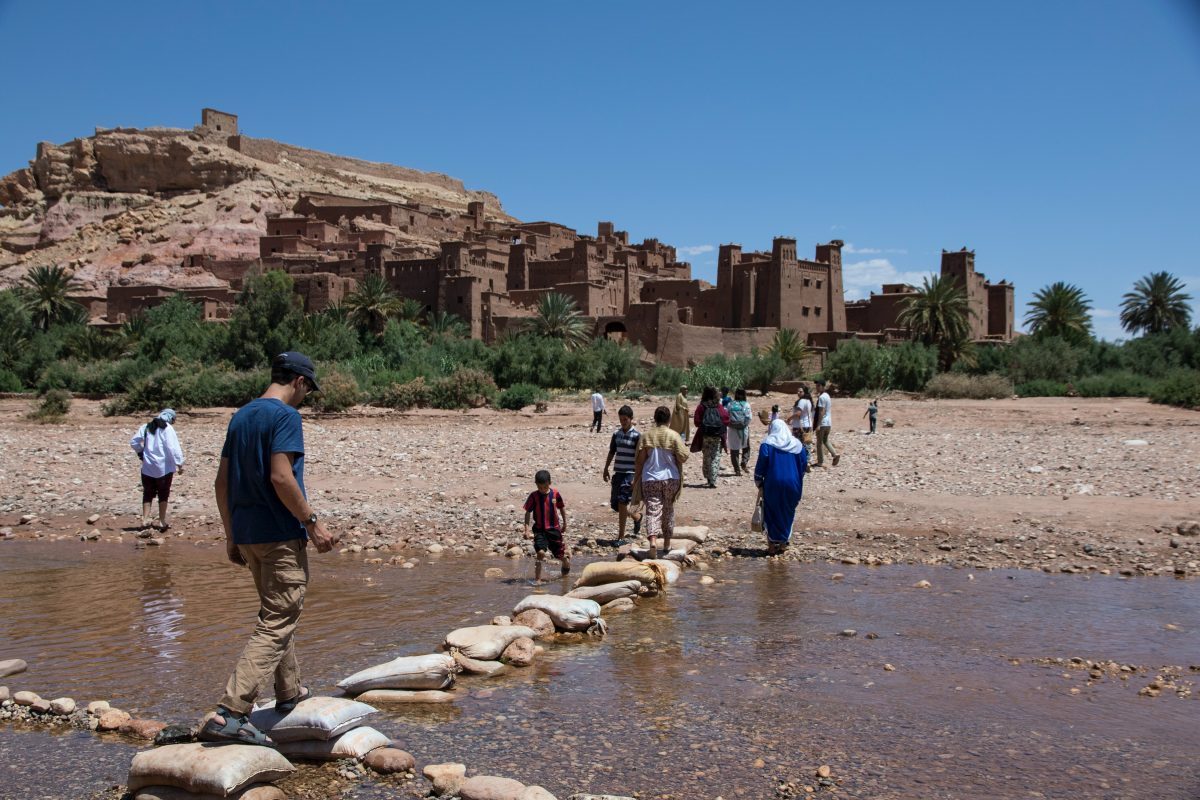The Best Time to See Aurora Borealis in Iceland
The Northern Lights, better known as Aurora Borealis, are a fascinating natural phenomenon that draws thousands of tourists to the Nordic countries every year. Iceland, a country known for its stunning landscapes, geothermal baths, and glaciers, is one of the best places in the world to see Aurora Borealis. But when is the best time to go to Iceland to witness this jaw-dropping spectacle?
In this article, we will explore the best months to see Aurora Borealis in Iceland and everything you need to know to plan the perfect Aurora-hunting trip.
What is Aurora Borealis?
Before diving into the best months to see Aurora Borealis in Iceland, let’s understand what Aurora Borealis is. Aurora Borealis, also known as Northern Lights, is a natural light display that occurs when the solar wind collides with the Earth’s magnetic field, causing ionization and excitation of atmospheric components. The result is a stunning display of light that varies in color, intensity, and shape.
When can you see Aurora Borealis in Iceland?
Aurora Borealis can be seen in Iceland from September to mid-April every year. However, the best time to see it is during the winter months, from November to February. This is because of the limited daylight hours, which means longer nights and more extended opportunities to witness the lights.
Factors Affecting Aurora Borealis visibility in Iceland
Several factors affect the visibility of Aurora Borealis in Iceland, and it’s essential to consider them while planning your trip.
Solar Activity
Solar activity is the most critical factor that affects the visibility of Aurora Borealis. The sun follows an 11-year cycle that influences the intensity and frequency of sunspots, which ultimately affect the number and visibility of Northern Lights. The peak of solar activity is known as Solar Maximum, and the best time to see Aurora Borealis is during this period. The last Solar Maximum occurred in 2014, and the next one is expected in 2025.
Weather
Weather is another crucial factor that affects the visibility of Aurora Borealis. Clear skies are essential to witness the lights successfully. Iceland’s weather is unpredictable, and it’s crucial to keep track of weather forecasts and choose the right time to witness the lights.
Light Pollution
Light pollution is another factor that affects the visibility of Aurora Borealis. The lights from cities and towns can interfere with the natural lights of the Northern Lights, making them less visible. It’s essential to travel away from light-polluted areas to get a clear view of the Aurora Borealis.
Best Places to See Aurora Borealis in Iceland
While Aurora Borealis can be seen anywhere in Iceland, some places offer better viewing opportunities. Here are some of the best places to see Aurora Borealis in Iceland.
Thingvellir National Park
Thingvellir National Park is one of the best places to witness the Northern Lights in Iceland. It’s located in a remote area away from the city lights, making it ideal for stargazing and Aurora hunting.
Reykjavik
Reykjavik, Iceland’s capital city, may not be as remote as the other locations on this list, but it still provides an excellent opportunity to see Aurora Borealis. The city’s local travel agencies offer Northern Lights tours, so you don’t have to go too far from the city to witness this spectacular event.
Skaftafell National Park
Skaftafell National Park, located in south-east Iceland, is known for its stunning landscapes and glaciers. The park’s remote location makes it an excellent place for stargazing and Northern Lights hunting.
Tips for Witnessing Aurora Borealis in Iceland
Here are some tips that will help you witness Aurora Borealis in Iceland successfully.
Dress appropriately
Iceland’s winters can be extremely cold, and it’s crucial to dress appropriately to stay warm. Insulated jackets, warm hats, gloves, and boots are essential to keep yourself warm and comfortable during long hours of Aurora hunting.
Use a camera with a tripod
Capturing the Northern Lights on camera is a unique experience. A good camera with a tripod is necessary to take stable long-exposure shots without any blur.
Choose a clear night
Clear nights are essential to witness Aurora Borealis successfully. Keep track of weather forecasts and choose a clear night for Aurora hunting.
Plan a trip to remote areas
Remote areas offer the best viewing opportunities for Aurora Borealis. Plan a trip to remote areas like Skaftafell National Park or Thingvellir National Park to witness the Northern Lights with minimal light pollution.
Conclusion
In conclusion, the best time to see Aurora Borealis in Iceland is from November to February, during the winter months when nights are longer. However, the visibility of Aurora Borealis is affected by several factors like solar activity, weather, and light pollution. Planning ahead and following the tips mentioned in this article can help you witness the Northern Lights successfully. So pack your bags, dress warmly, and plan a trip to Iceland to witness this jaw-dropping natural phenomenon.
Table of Contents

